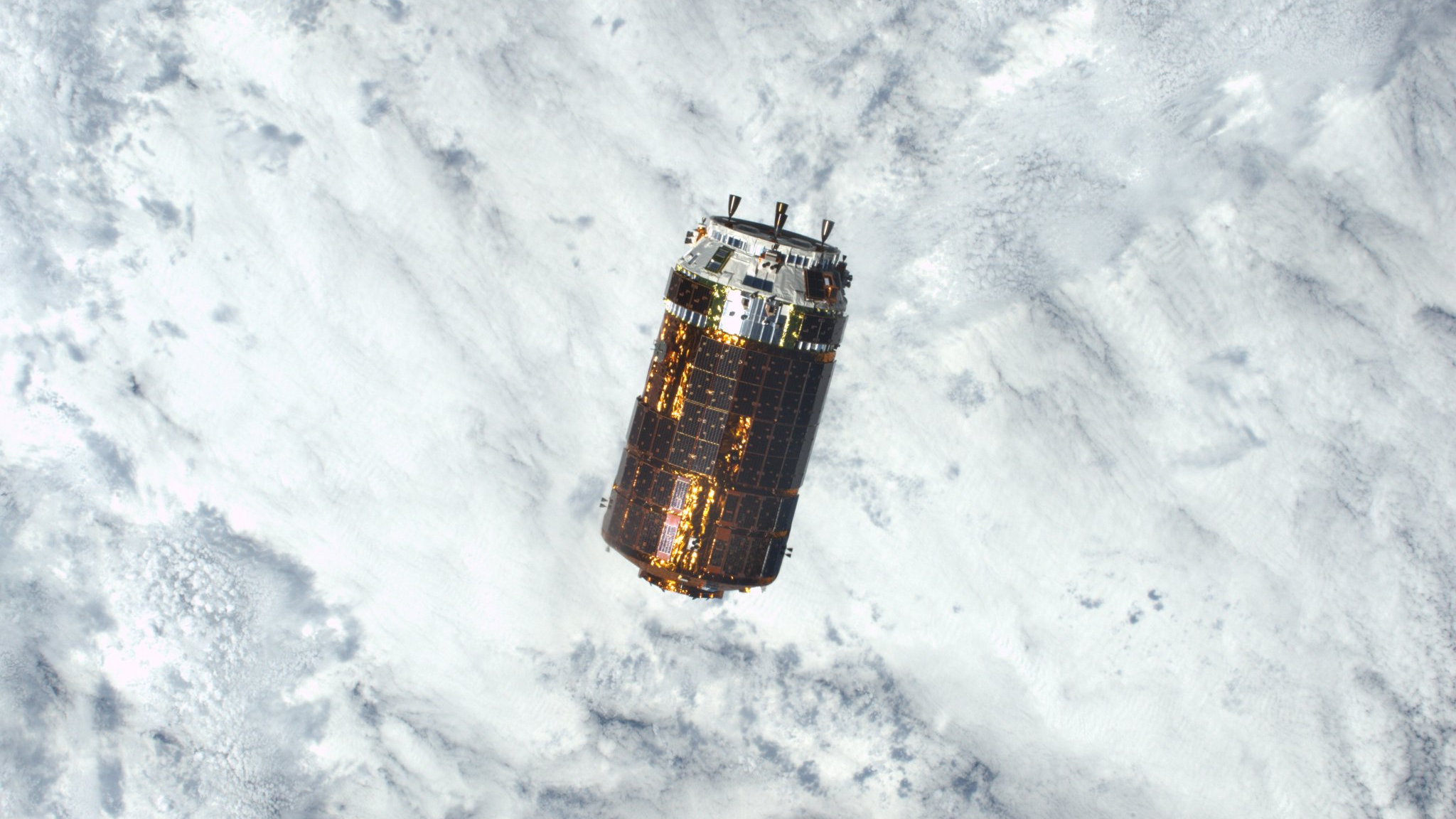Satellite battery research could also make electric cars more reliable
Predicting how much it'll be used

Sign up for breaking news, reviews, opinion, top tech deals, and more.
You are now subscribed
Your newsletter sign-up was successful
Making batteries for a satellite is tough. Not only does the satellite have to operate flawlessly in the most extreme conditions, it's also enormously difficult to predict how much power will be needed on any particular mission.
As a result, most satellites tend to go into space equipped with larger batteries than they need - just in case. That's a problem because batteries are bulky and heavy, and the space and weight they take up could be used for other equipment and experiments.
But now, computer scientists at Saarland University have developed a model that lets engineers make far more accurate predictions of the amount of power needed for different operations in space.
Chemically bound
"Amongst other things, not enough attention has been paid to the recovery effect, a phenomenon well-known from mobile phones," said Holder Hermanns, who led the research.
"If the phone dies due to an empty battery, it often takes just a few minutes of waiting, then you can turn the phone back on again and use it, for a short time at least."
Hermanns and his students Gilles Nies and Marvin Stenger took that, and many other factors, into account to build a new battery model. It can monitor the exact amount of energy currently available, as well as how much of that energy is 'chemically bound', i.e. not immediately useable.
The result is a calculation that gives satellite operators a probability that the battery will be completely discharged at any given moment.
Sign up for breaking news, reviews, opinion, top tech deals, and more.
Batteries are ubiquitous
The research isn't only useful in space.
"Batteries are ubiquitous -- and a good battery model helps in a lot of situations," said Hermanns. He believes it could be applied to all sorts of industries on Earth, too - most notably the energy demands of electric cars.
"So far, we could only answer the following question: Under ideal conditions, will the battery charge be enough for this electric car to make it to Frankfurt Airport?" said Hermanns.
"Now we can see whether the air conditioning system can be operated in such a way that you have a chance greater than 99 percent at all times to make it to your plane in time with the current charge."
You can find out more about the research on the group's website.
